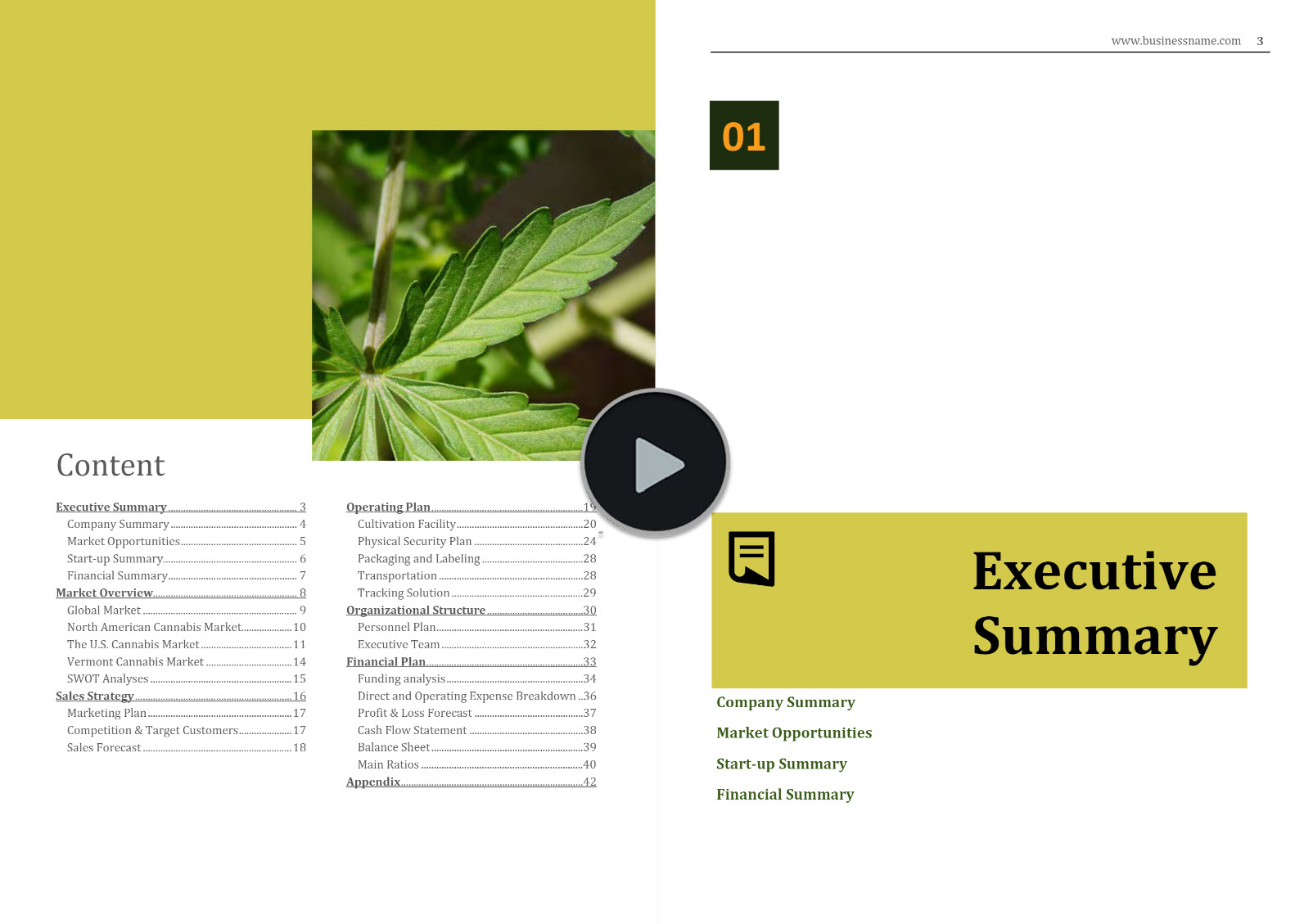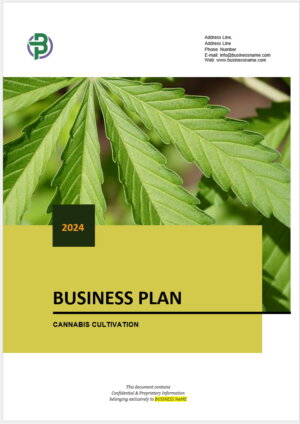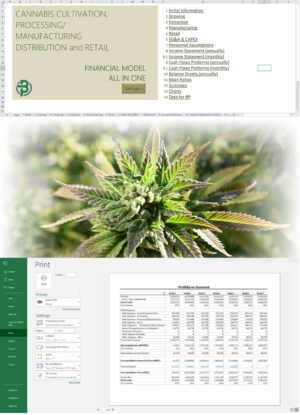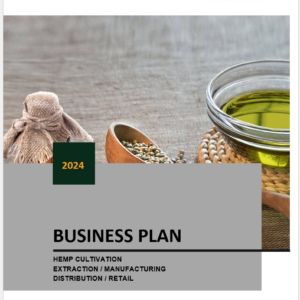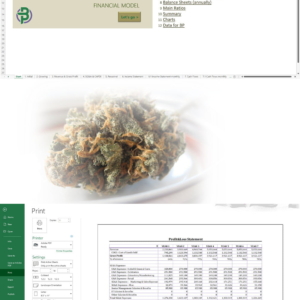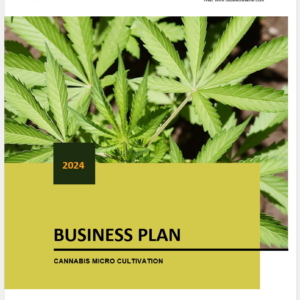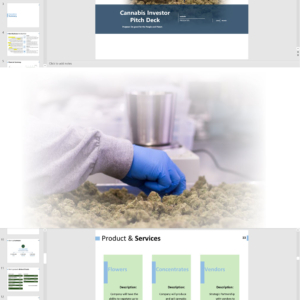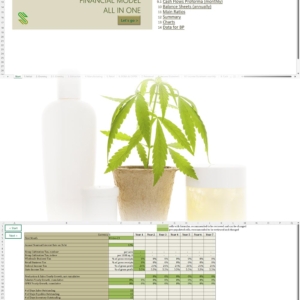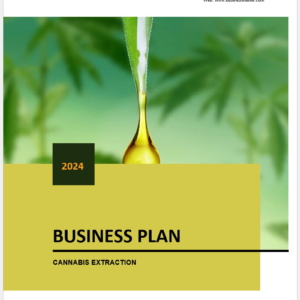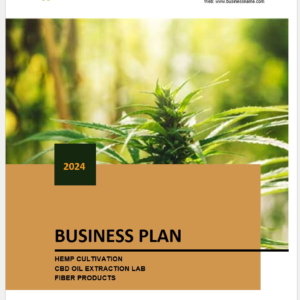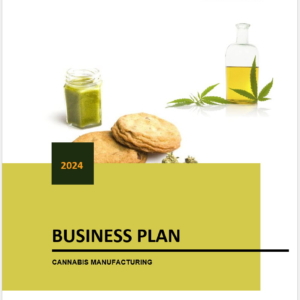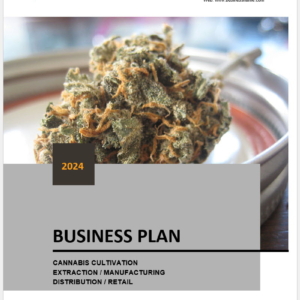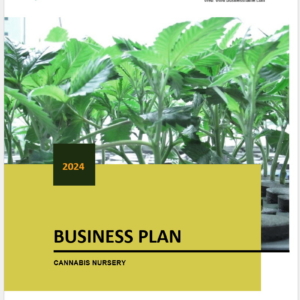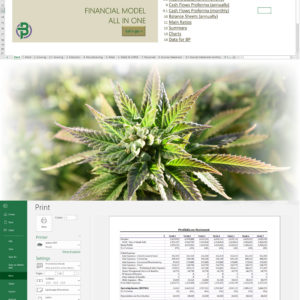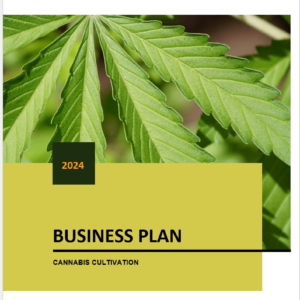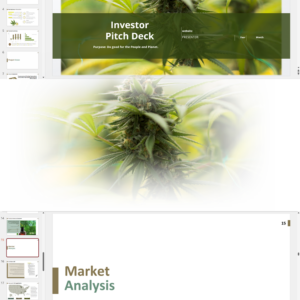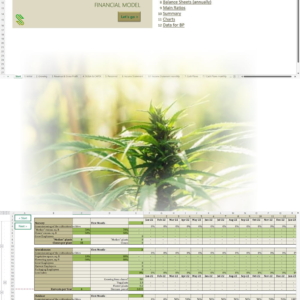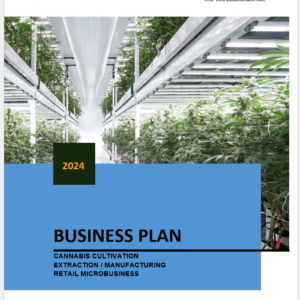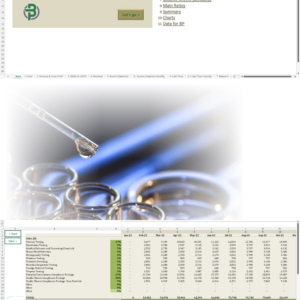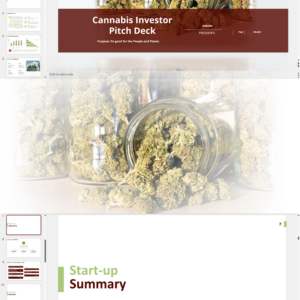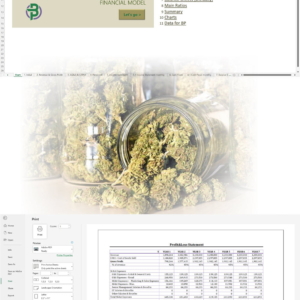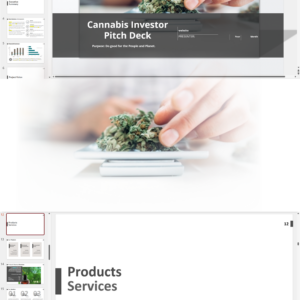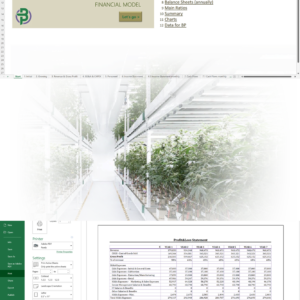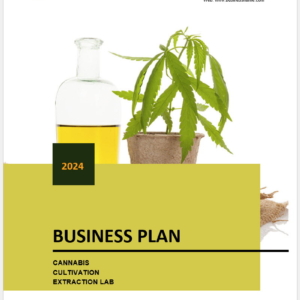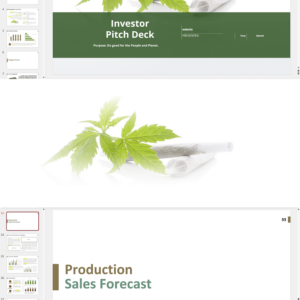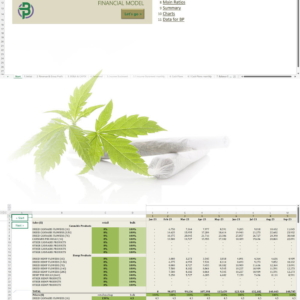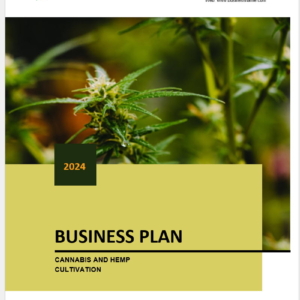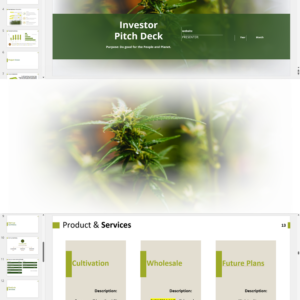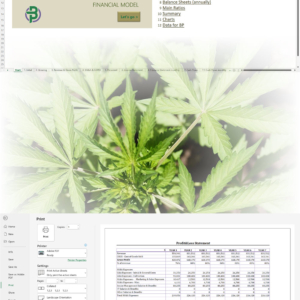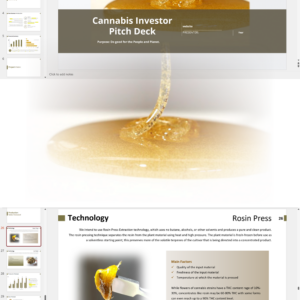On January 22, 2018, Vermont became the first state to legalize recreational cannabis through its legislature. In 2020, Gov. Phil Scott announced that he allowed legislation to regulate and tax cannabis sales to become law without his signature, according to a news release from the governor’s office. Vermont lawmakers in September 2020 gave final approval to S. 54.
Business license types include licenses for growers, retailers, manufacturers, wholesalers, testing laboratories and for vertically integrated entities. Delivery is not currently allowed either as a stand-alone license or as a part of a larger cannabis establishment.
Flower strength is limited to 30% THC, while concentrates is limited to 60% THC. Recreational cannabis is taxed at a rate of 20%, including a 14% adult-use cannabis excise tax and a 6% general sales and use tax.
In 2022, Vermont passed legislation that exempt businesses from Section 280E of the federal tax code that allows cannabis companies to deduct business expenses from their state income taxes.
Recreational sales in Vermont began in October 2022 and are estimated to reach $100 million in fiscal year 2023. As of February 2024, 558 (332 in 2022) entities have been approved for a cannabis establishment license by the Cannabis Control Board and are authorized to commence operations within the State of Vermont, including 393 (258) growers, 77 (30) manufacturers, 8 (8) wholesalers, 75 (31) retailers, 2 (3) testing laboratories and 3 (2) vertically integrated entities.
According to an economic impact report released in August 2023 by Denver-based cannabis law firm Vicente Sederberg, adult-use sales in Vermont could top an estimated $265 million in 2024.
Sales of medical cannabis were estimated at around $15 million in 2022 and are expected to gradually decline to $12 million in 2026. The number of registered patients decreased from approximately 5,000 at the beginning of 2022 to less than 3,000 at the end of 2023.
Vermont Cannabis Market Infographics
Cannabis Cultivation Business Plan Sample, Vermont
'70% ready to go' business plan templates
Our cannabis financial models and cannabis business plan templates will help you estimate how much it costs to start and operate your own cannabis business, to build all revenue and cost line-items monthly over a flexible seven year period, and then summarize the monthly results into quarters and years for an easy view into the various time periods. We also offer investor pitch deck templates.
Best Selling Templates
We also offer hemp CBD business plan templates at hempcbdbusinessplans.com.

